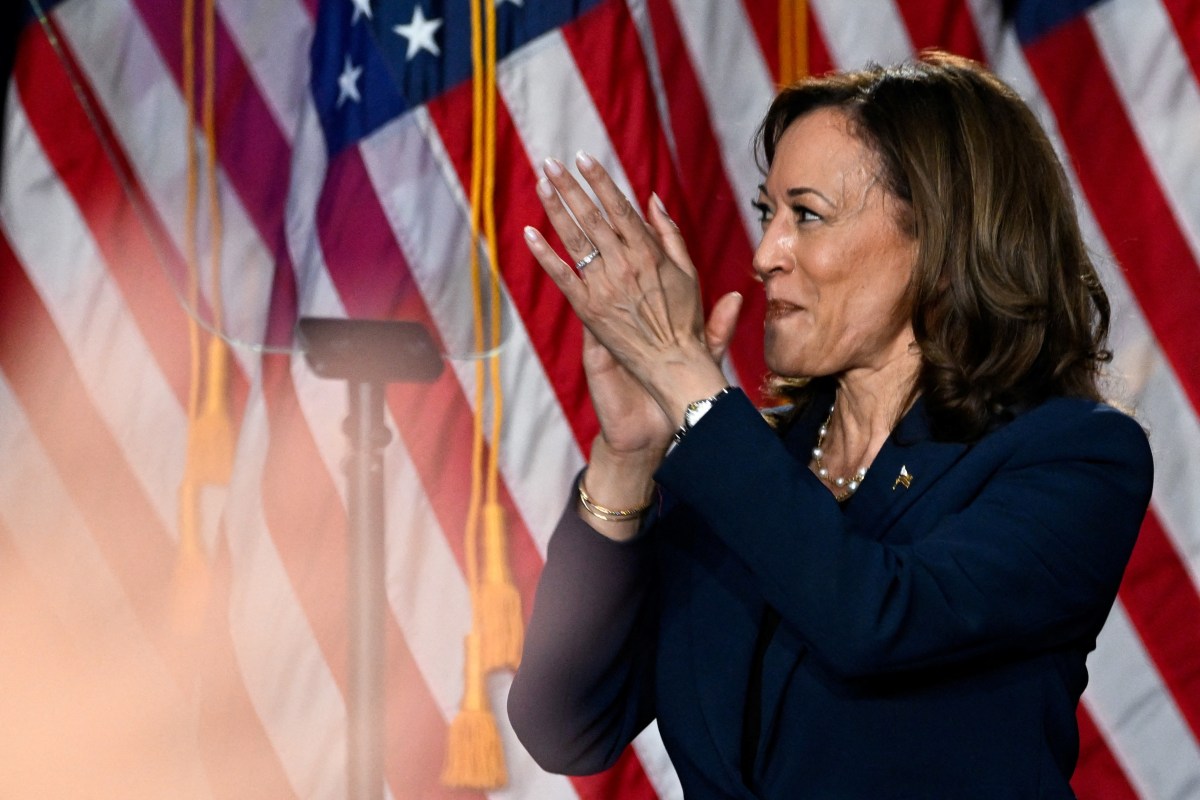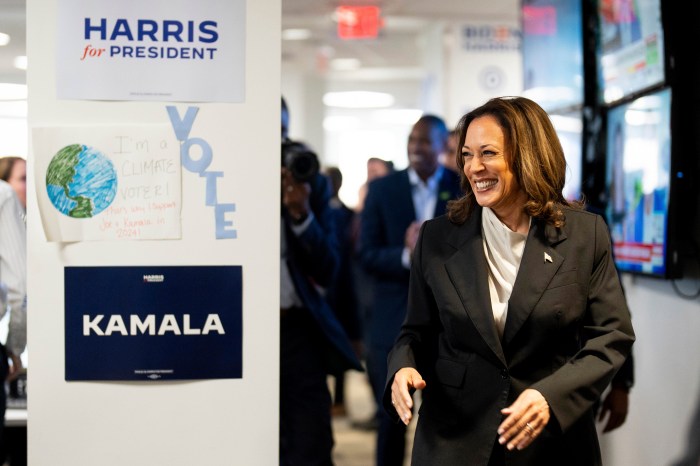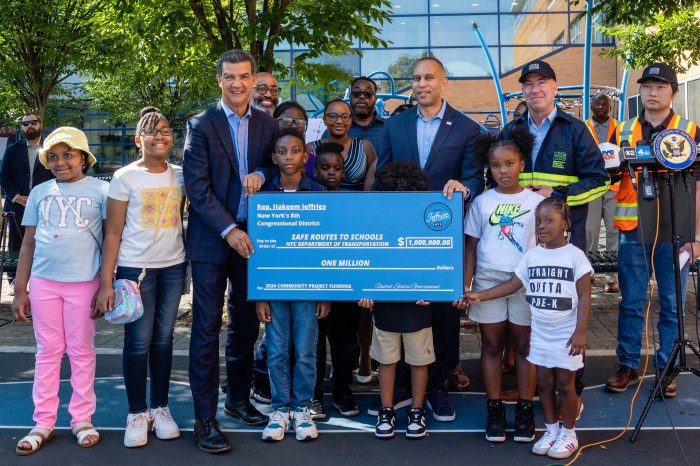As we begin a new year, now is as good a time as any for Mayor DeBlasio to face the reality that is his struggle with an addiction problem.
No, the mayor does not have a personal addiction. But in his quest to make New York the fairest big city in America, he has become one of the biggest enablers of drug addicts in Brooklyn and beyond, thanks to policies he claims will help addicts kick their habits — but others argue will do just the opposite.
Last May, Hizzoner announced he wants to open a taxpayer-funded, so-called Supervised Injection Center — allowing addicts to inject heroin and other drugs with sterile syringes under medical supervision — on Fourth Avenue in Boerum Hill, where the city is currently conducting a “community outreach process” about the facility.
The site — a stone’s throw away from the Barclays Center and a public school — is one of four citywide that DeBlasio wants to open. It would be run by the organization Voices of Community Activists and Leaders, whose services cater to low-income individuals affected by HIV-AIDS, Hepatitis C, and homelessness, along with people recently released from prison.
Currently, there are only about 100 Supervised Injection Centers in the world, but none in the United States, with New York City racing against Philadelphia and Seattle to become the first metropolis to open one stateside.
But officials’ rush to set a record and effectively make New York a sanctuary city for heroin users could be argued as misguided — especially considering data recently released by the Department of Parks and Recreation, which shows another DeBlasio policy that brought needle-disposal bins for addicts to 14 Bronx parks has essentially turned the play spaces into city-cordoned shooting galleries.
Since the disposals arrived in the meadows last May, some 66,656 needles were discarded within the parks through October 2018, the data shows.
But just 11 percent — or roughly 7,300 — of those needles made their way into the bins, according to the data, with the rest falling to the ground around them, turning the parks used by law-abiding residents and children into minefields littered with used drug paraphernalia.
Adding insult to injury, the mayor now wants taxpayers to foot the bill for $800,000 in salaries and benefits for workers who will regularly remove syringes from the parks.
But instead of spending more money on actions that condone drug use, why not dedicate funds to breaking addicts’ cycles of dependency? These sons, daughters, sisters, brothers, and friends need help, hope, and rehab. Condoning drug use as long as one shoots up at an approved location is sentencing people to a life of addiction.
As officials work to clean up the mess resulting from DeBlasio’s needle-disposal-bin policy, perhaps they should more deeply consider how bringing dedicated injection sites to our neighborhoods could yield similar results. For the record, I’ve been against the idea since the city first floated it back in 2016, when I shined a national spotlight on the issue while opposing the plan during an appearance on Fox News’s “Tucker Carlson Tonight.”
There is no greater feeling of helplessness than watching a family member suffer from addiction, because you know there is nothing that can be done until they are ready to seek treatment. But the last thing we need is any legal facility or area that encourages continued drug use.
Even some drug users agree. For instance, self-proclaimed user Javier Martinez told the New York Post that, by bringing the needle-disposal bins to the Bronx parks, the city is “giving permission” to shoot up in public. And he went on to ask: “If they don’t want us doing drugs, why are they putting the boxes here?”
Indeed, many experts and relatives of addicts say that in order for one to finally make the decision to get help, he or she must hit “rock bottom,” and understand that their family and friends will no longer condone their behavior.
That group must also include Mayor DeBlasio and his administration.
Bob Capano is a professor of political science of more than 15 years, who has previously worked for local Democratic and Republican pols, and as the chairman of the Brooklyn Reform Party.























